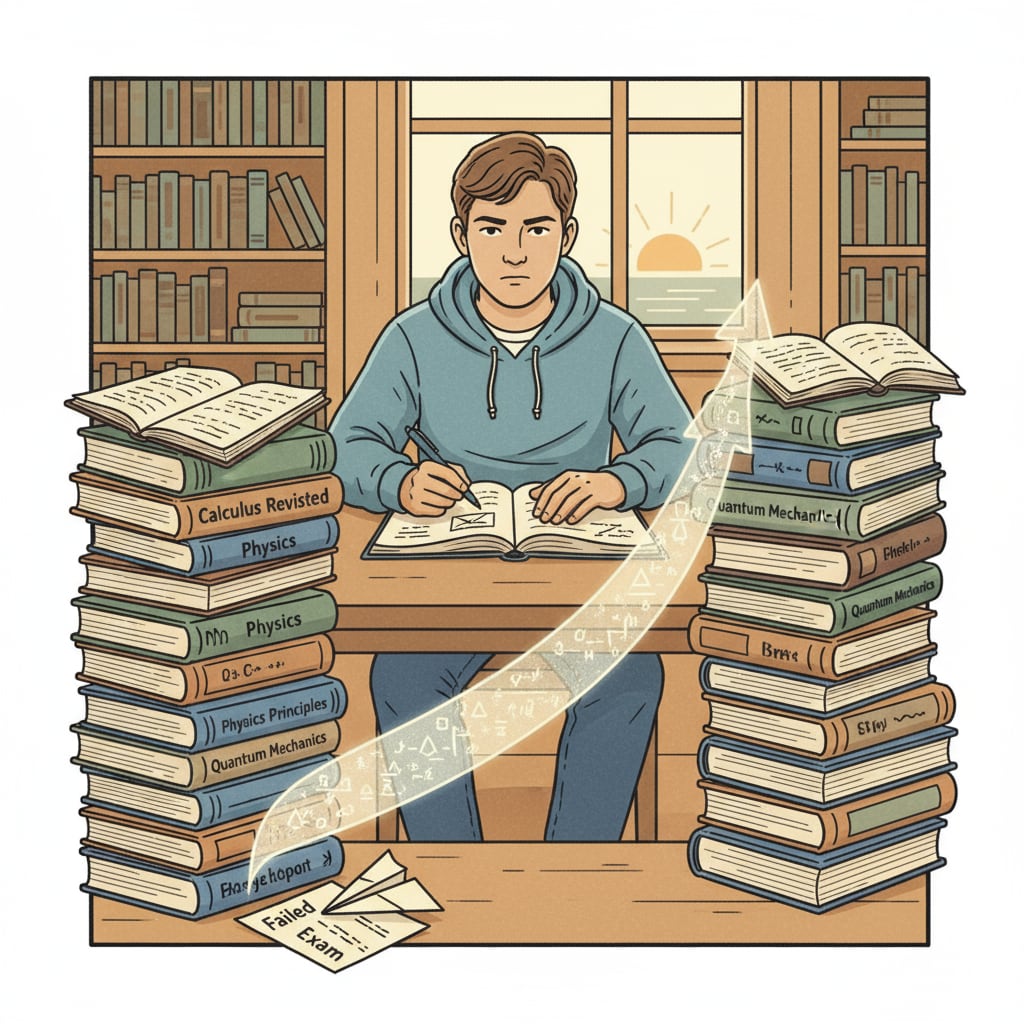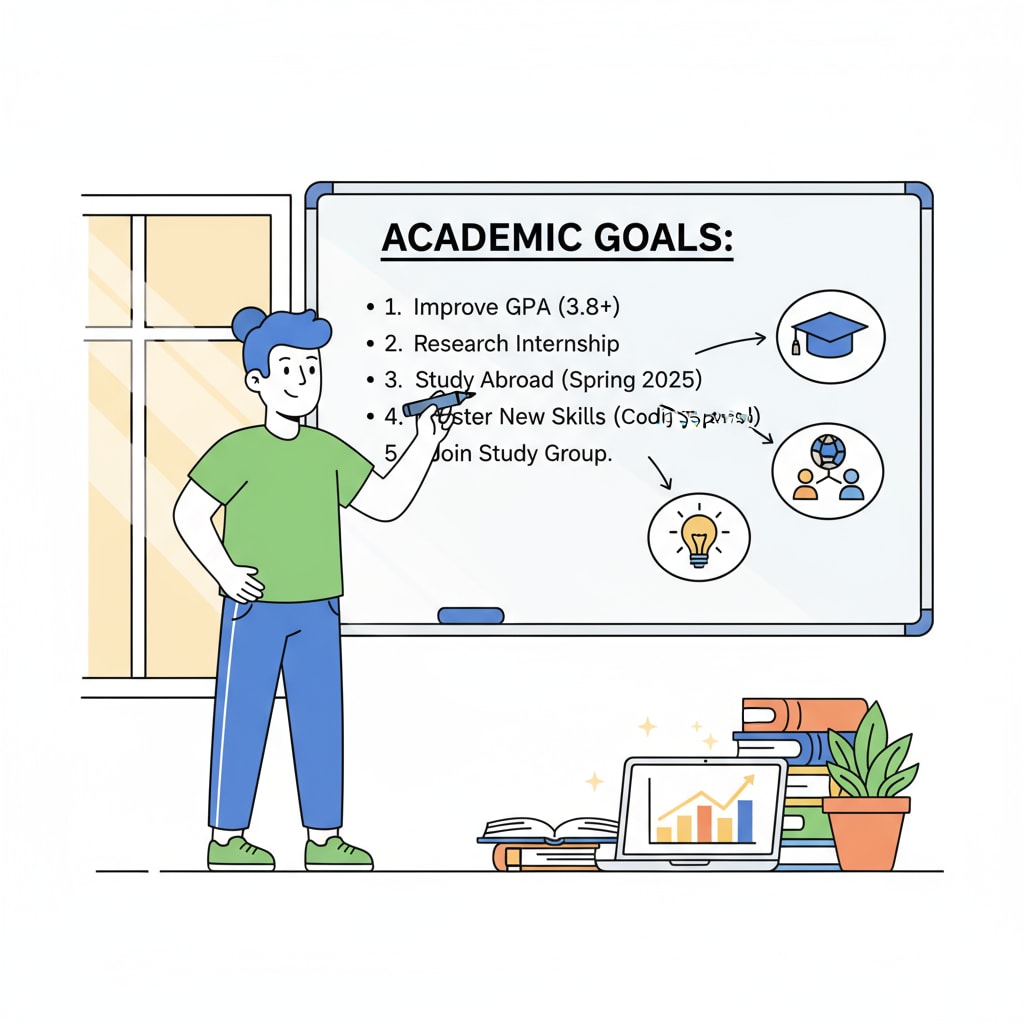Academic failure, self-change, and university application rejections are experiences that can shatter a student’s confidence and dreams. However, they can also be the catalysts for profound personal growth and transformation. In this article, we will explore the challenges faced by students who have experienced academic setbacks and the steps they can take to rebuild their educational paths.

The Psychological Toll of Academic Failure
Academic failure can have a significant impact on a student’s mental health. Feelings of shame, guilt, and self-doubt often accompany poor academic performance. These emotions can lead to a lack of motivation and a negative self-image. For example, a student who fails a crucial exam may start to believe that they are not smart enough or that they will never succeed in their academic pursuits. This mindset can be a major obstacle to future progress.
Self-Change: A Necessary Step
After experiencing academic failure, self-change becomes essential. This involves reflecting on past mistakes, identifying areas for improvement, and developing new strategies for success. It could mean changing study habits, seeking additional support, or exploring different learning methods. As a result, students who are willing to make these changes are more likely to overcome their challenges and achieve better results. For instance, a student who realizes that they have been procrastinating may start to use time management techniques to stay on track.

The Hurdles of Reapplying to University
Reapplying to university after experiencing academic failure or rejection can be a daunting task. The application process may seem even more intimidating, and students may face additional scrutiny from admissions committees. Moreover, they may need to address their past academic issues and demonstrate their commitment to improvement. This could involve writing a compelling personal statement or providing evidence of academic growth. According to UCAS’s guide on applying to university, being honest and proactive about past challenges can work in a student’s favor.
The current education system often has limitations when it comes to providing “second chances.” Traditional assessment methods may not fully capture a student’s potential or the efforts they have made to improve. Therefore, there is a need for a more inclusive assessment mechanism that takes into account a student’s entire journey, including their setbacks and growth. As the National Education Association states, inclusive education benefits all students.
In conclusion, academic failure, self-change, and university application rejections are not the end but rather opportunities for growth. By addressing the psychological challenges, making positive changes, and advocating for a more inclusive education system, students can overcome these obstacles and rebuild their educational paths. It is a journey of resilience and determination that can lead to a brighter future.
Readability guidance: The article uses short paragraphs and lists to summarize key points. Each H2 section provides a clear focus. The passive语态 is kept to a minimum, and transition words are used throughout to enhance flow.


